How to Choose the Right Place for a Wine Cellar
Congratulations, you've decided to invest in a wine cellar! It's the perfect place for storing your collection and enjoying it with friends, as well as adding value to your home. Choosing the right spot for a wine cellar is important because it will determine how much space you'll have for storage, how much light will enter the room, and whether guests can easily access it if they want to see it.
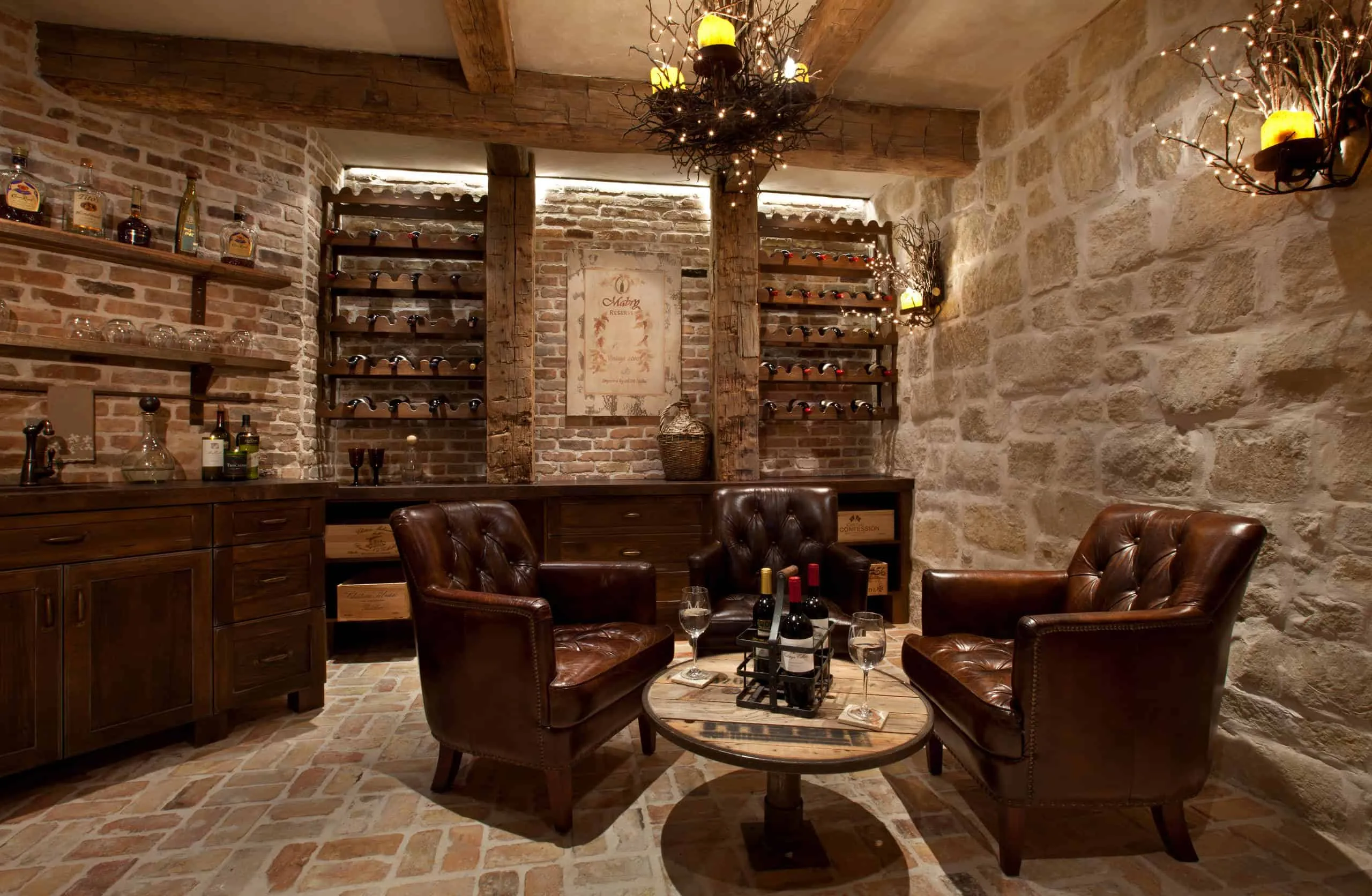
There are several factors to consider when deciding where to place your wine cellar
Location matters. The location of your wine cellar will depend on several factors, including its size and how you want to use it. For example, if you're looking for a place where you can store all your wine bottles, this may mean placing them in an area away from direct sunlight and heat sources such as radiators.
On the other hand, if you value the ability to spend quiet time with friends tasting different wines or beers at home during parties or gatherings, and perhaps offering tours of your collection, then placing it near a gathering spot may be more convenient for everyone involved.
The obvious answer is where you want to place it
The obvious answer is where you want to place it. If your wine cellar will be a place guests can come to and spend time, then a room in the house makes sense. Or perhaps you want to place it in a separate building detached from the rest of your home; if so, choose a spot that's close enough for easy access but private enough not to disturb other residents or frequent guests.
If space isn't an issue (or money isn't a constraint), consider building an addition to your existing home so all your new wines have their own beautiful, brand-new room!
What type of storage do you need?
When choosing suitable wine storage for home, there are several options.
Wine racks are the most popular way to store wine because they're affordable and easy to install. But if you have limited space, a cabinet or refrigerator might be better. If you don't want an unsightly metal rack taking up valuable kitchen or dining room space, consider creating hidden shelves on the wall behind existing furniture (such as a bookcase)!
If you're looking for something more traditional: cabinets come in various shapes and sizes, some even have glass doors so guests can see the contents without fully opening them. They are available as standalone models or built-in designs compatible with other furniture in your home.
Wine refrigerators are another option, especially if you have a large collection and don't want to worry about wine spoiling. They come in both countertop and built-in models, making it easy to find a suitable option that matches your home's interior.
Do you prefer drinking or displaying your wine?
If you want to drink your wine, then you need to store it in a temperature-controlled environment that isn't humid. High humidity can cause corks to shrink, leading to leaks and spoilage. It's also important to ensure the room has good air circulation so mold doesn't grow on corks.
If display is more important than drinking, then look for a cool spot with low humidity levels. This will keep your bottles and labels in perfect condition for years!
What temperature do you want to set?
After deciding on the size of your wine cellar and how much space you need for storage, the next step is choosing a location. The best place for your wine cellar mainly depends on how you want it to look and feel, but there are also some practical considerations to keep in mind.
A good rule of thumb is 55–75 degrees Fahrenheit, which perfectly suits most wines. This temperature range ensures optimal humidity levels (between 50% and 70%) for your bottles, preventing them from overheating or freezing during storage. However, if this range isn't possible due to climate conditions where you live (or there's no way around it), consider installing an electric heater or air conditioner to keep the temperature stable between summer and winter months when the outside world becomes warmer or colder than usual. And remember: any fluctuations should stay within 3 degrees!
Another aspect worth considering is the humidity level inside your chosen space; ideally, it should remain stable throughout the year without major swings between seasons like summer and winter. Weather changes can lead to situations where one day might be rainy while the next is sunny, with outdoor temperatures reaching up to 80 degrees Fahrenheit, whereas inside homes stay cooler thanks to gas heaters.
How much space is available for a dedicated room?
When considering the space you have, it's important to remember that you can use a wine fridge instead of a wine cellar if your space is limited. If you have an additional room suitable for storing the collection, then a real cellar could be a good choice, especially if others will also use the space and need occasional access to drinks.
If you don't have any extra space at all and have decided against using the existing basement as storage (for example), consider investing in both types of devices: a small refrigerator will be ideal for storing bottles at optimal temperatures and allow guests to easily access them without having to open doors or descend downstairs; meanwhile, larger refrigerators can help store bigger items like barrels or kegs that aren't meant for immediate consumption but must remain cool.
If you're looking for a place that can accommodate both wine and champagne storage, consider investing in a climate-controlled wine refrigerator. These units are designed to maintain your collection at the proper temperature for both red and white wines, as well as sparkling wine like champagne.
Hire a professional for building a wine cellar
If you're planning to build a wine cellar, it's best to hire a professional such as leessa.london. A good specialist takes care of all aspects of your project and guarantees proper construction of the space. This saves time, money, and effort in the long run. They know which materials are best suited for their work and how much they cost, so you won't get any surprises later when paying for their services.
They also understand how much space each type of equipment requires and how to best design the room layout so everything fits together seamlessly without gaps between walls or floors where moisture can accumulate (which could lead to mold growth). This also helps maintain a stable temperature in different parts of each wall/floor panel, so nothing becomes too hot or cold over time due to insulation issues caused by improper installation methods during the initial construction phase!
Think through every detail before building a wine cellar
Before you start planning your wine cellar, there are several things to consider. First is how much space and storage you want to dedicate to it. You also need to think about what temperature range would be ideal for keeping your collection in optimal condition. Finally, consider the types of wine you'll store in the new room and how much space they require (for example, whether they need their own rack or can share with others).
If possible, try not to build a standalone structure just for storing bottles—it's expensive and takes up valuable real estate that could be used to build other structures! If this isn't possible for any reason (such as zoning restrictions or lack of such rights), then do it knowing that any money spent now will pay off later when these bottles start appreciating significantly in value!
Conclusion
If you want to build a wine cellar, there are many things to consider. Make sure you know the type of storage you need and how much space can be dedicated to a separate room before starting construction. If possible, hire professionals specializing in building such spaces so they can help make everything smooth from start to finish!
Need a renovation specialist?
Find verified professionals for any repair or construction job. Post your request and get offers from local experts.
You may also like
More articles:
 How Good Is Your Roof: Useful Tips for Maintenance
How Good Is Your Roof: Useful Tips for Maintenance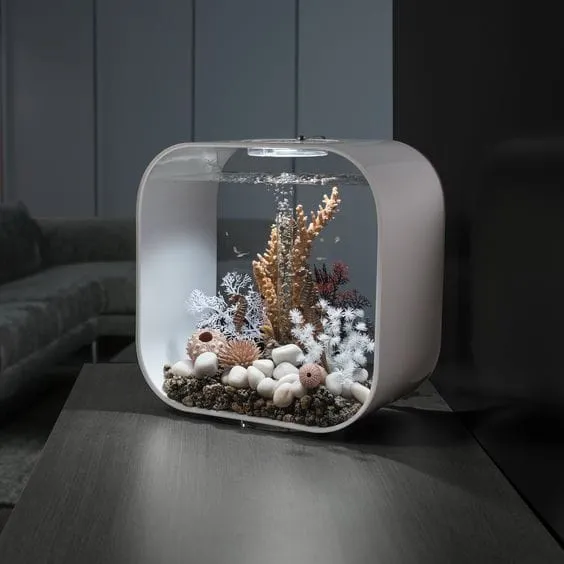 How Aquariums Bring Nature into the Home
How Aquariums Bring Nature into the Home How Installing a Home Elevator Affects Home Value
How Installing a Home Elevator Affects Home Value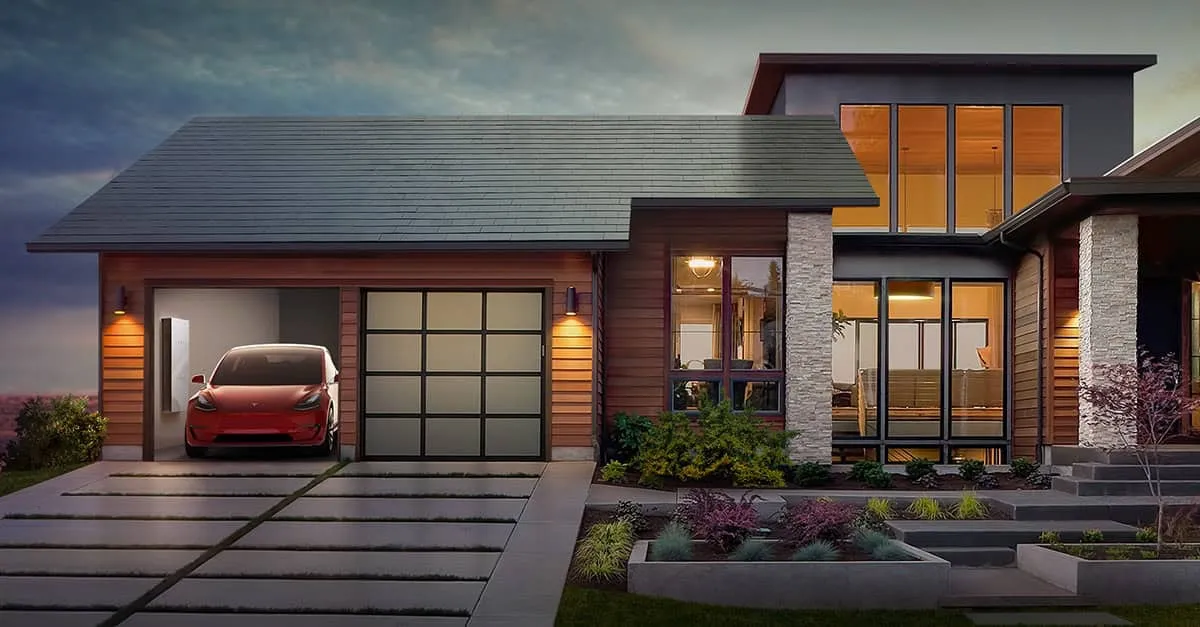 How Solar Panel Installation Can Protect Your Roof
How Solar Panel Installation Can Protect Your Roof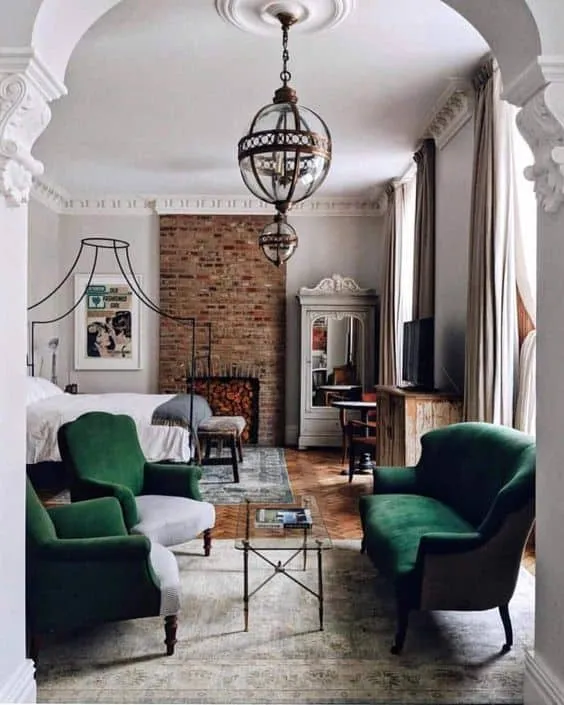 How Italian Decor Revives Classical Beauty in Modern Homes
How Italian Decor Revives Classical Beauty in Modern Homes How Land Surveying and Site Planning Shape the Future of Architecture
How Land Surveying and Site Planning Shape the Future of Architecture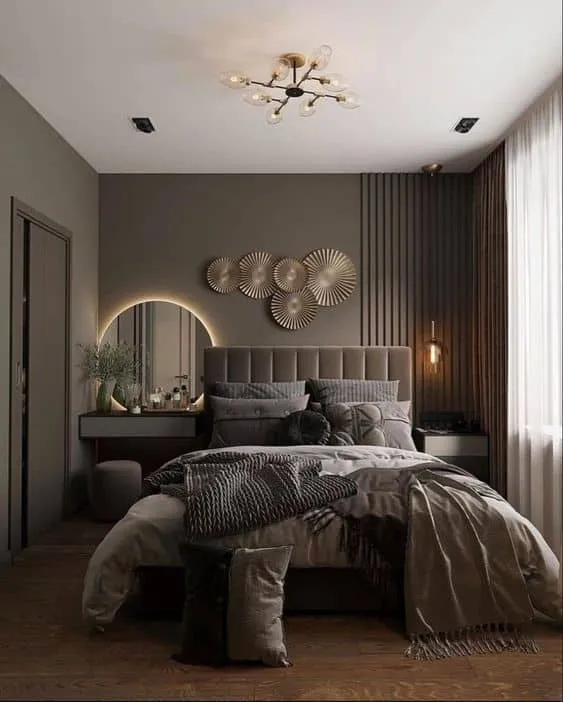 How Limited Space Can Improve Your Life
How Limited Space Can Improve Your Life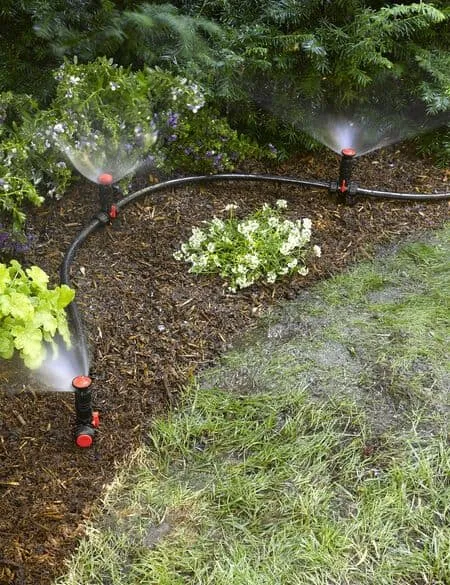 How Long to Use a Garden Sprayer?
How Long to Use a Garden Sprayer?